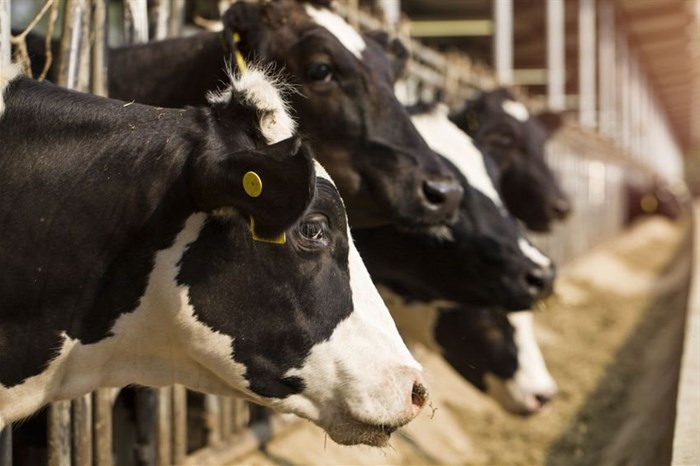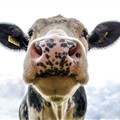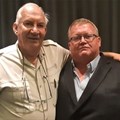A joint statement issued by the Department of Agriculture, Land Reform and Rural Development and the FMD Technical Task Team on 4 December 2019, stated that all of the 11 properties that have tested positive for foot-and-mouth disease (FMD) since its outbreak in November in Limpopo were linked to cattle sold at auctions, prompting a nationwide ban on live auctions of all cloven-hoofed animals.

©Chutima Chaochaiya via
123RF"The ban on auctions was a last resort and is necessary in order to protect our beef industry and the health of the animal economy," says Roelie van Reenen, supply chain executive at Beefmaster Group.
Beefmaster Group sympathises with the cattle auctioning industry, who will not be allowed to continue with business as usual for the foreseeable future. However, the Group is not closing its doors to auctioneers, farmers or agents who are unable to sell their cattle at auctions. Beefmaster Group will still work with those who are looking for routes to market for their cattle, provided that certain conditions are met, such as proof of animal health is provided.
An outbreak of FMD in January this year resulted in SA’s FMD-free status being threatened, and several countries closed their borders to SA beef imports.
Van Reenen says that the crisis has spotlighted the need to safeguard SA’s beef industry.
"Industry has put a lot of work into negotiating bi-lateral agreements with the exporting counter-parts and they accepted our status as positive for FMD, but agreed to giving us some leeway," says van Reenen.
"We already have great legislation in place that requires our industry to provide proof of origin and health certificates when exporting beef products. The outbreak of FMD gives us an opportunity to put more formal traceability structures in place that will protect our beef industry, and give us access to more global markets."
But, says van Reenen, this can only be done if the industry takes a leading role and all players in the beef value chain drive the implementation of better traceability structures, while cooperating with government.
"We need to take responsibility and accountability as an industry collective to prioritise the health of the herd. While it is easy to point fingers at government to do more, the crisis can be overcome, if all role-players – farmers, auctioneers, feedlots and everyone in the beef supply chain – work together,” says van Reenen, adding that this means implementing measures and protocols that provide quality and health assurances for cattle.
"We need to ensure that the meat industry remains profitable, a stable source of revenue and employment, as it greatly contributes to the economy. This starts with a healthy herd."
Van Reenen calls on everyone to adopt an "industry-first" mentality, and to abandon individualistic behaviour that may not take the beef industry’s long-term interests into consideration. Such behaviour will devalue the SA beef industry and the agricultural sector at large.
"The South African beef industry exports less than 5% of all beef produced. Therefore, if we cannot work together to get the FMD crisis under control, the biggest impact of the crisis will be felt in South Africa – both at industry and consumer level – as 95% of beef produced here is traded in SA. It is vital that the South African herd remains healthy."
He explains that gathering animals at meeting points from where they are despatched to different areas within the country without sanction from registered veterinarians or health officials, puts the health of the herd at risk.
Claudi Nortjé 26 Nov 2019 "It is imperative to have the animal cleared of FMD at the farm of origin," says van Reenen. "Biosecurity measures are increasingly becoming important, and in the future, they will become a necessity in the red meat value chain to encourage industry to work together."
Van Reenen says it is critical that the SA beef industry remains competitive. "We need our beef industry to be stable. By ensuring we have adequate traceability structures in place that can give the necessary quality assurances that our herds are healthy, our beef industry can continue to grow and make a sizable contribution the economy."





























